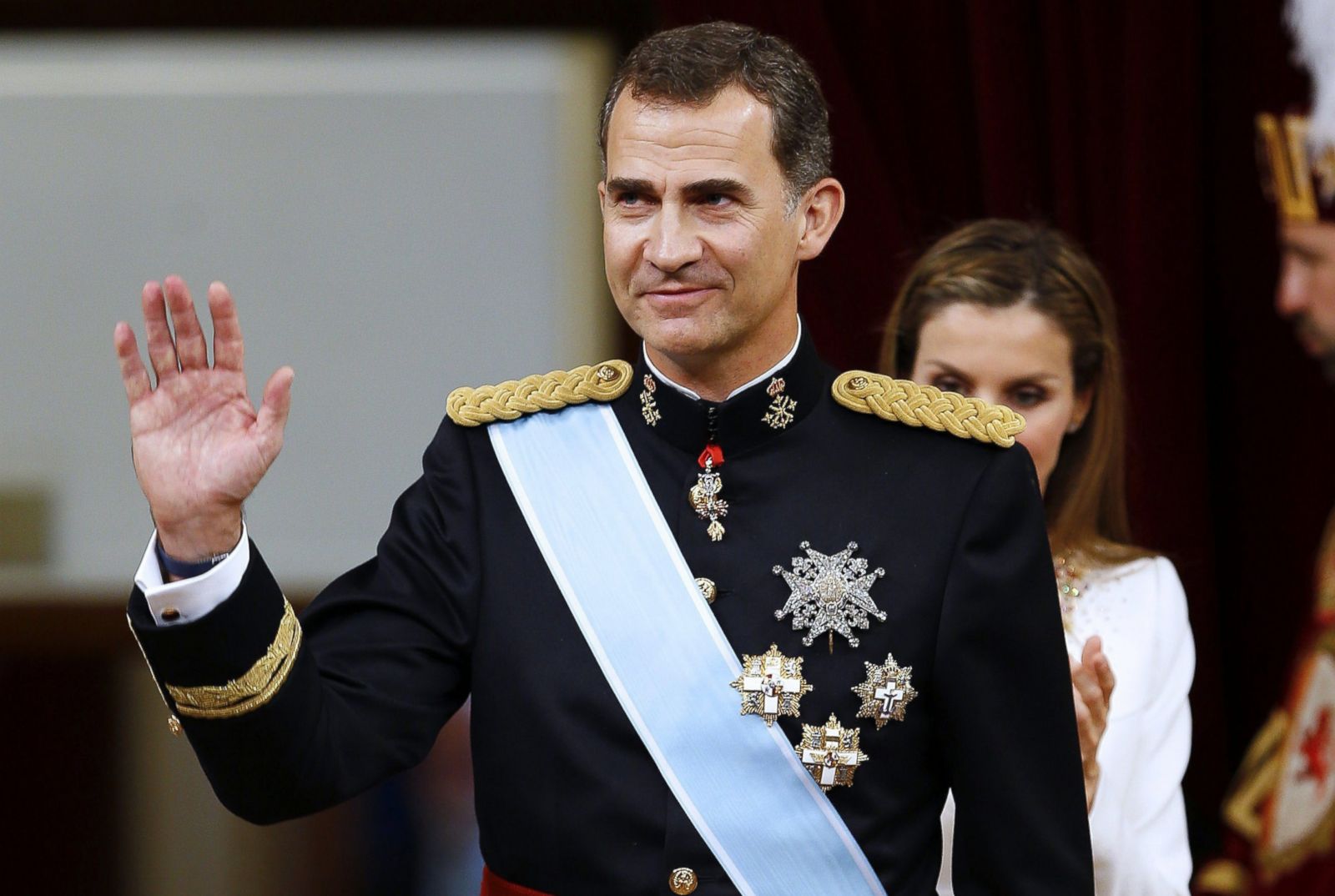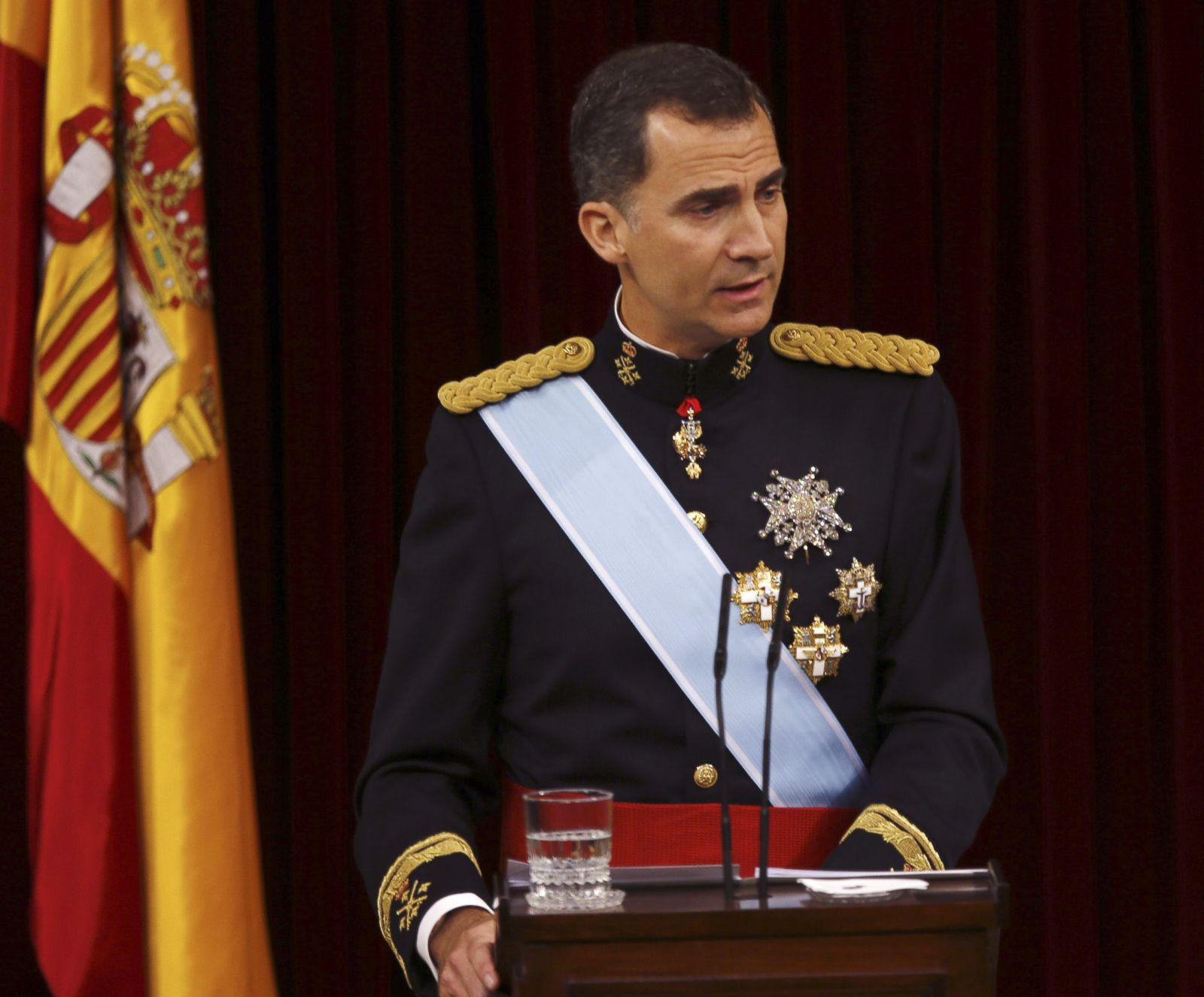History and Reign of the King of Spain

King of spain – The Spanish monarchy is one of the oldest and most respected in Europe. It can be traced back to the Visigothic period, when the first kings of Spain were elected by the nobility. The monarchy became hereditary in the 11th century, and the first king of a united Spain was Ferdinand III in 1230.
King Felipe VI of Spain’s environmental advocacy has earned him recognition, much like the esteemed Robert F. Kennedy Jr. , a prominent environmentalist and advocate. The King’s commitment to sustainability reflects Spain’s growing awareness of environmental issues, demonstrating his leadership on this crucial matter.
Throughout history, the King of Spain has played a central role in the country’s political, military, and religious life. The king was the head of state and government, and he commanded the armed forces. He also had the power to make laws, appoint judges, and grant pardons.
The King of Spain, a revered figurehead, has played a significant role in the country’s history and culture. His influence extends beyond the realm of politics, as evidenced by his patronage of the arts. Among the notable figures who have benefited from his support is Jelena Djokovic , a renowned tennis player and philanthropist.
Her work in promoting education and healthcare has earned her widespread recognition, further enhancing the King’s reputation as a supporter of noble causes.
The Current Constitutional Monarchy
The current Spanish monarchy is a constitutional monarchy. This means that the king is the head of state, but he does not have any real political power. The king’s role is largely ceremonial, and he serves as a symbol of national unity.
The king is appointed by the Cortes Generales, the Spanish parliament. The king’s term of office is for life, but he can be removed from office by a vote of no confidence from the Cortes Generales.
Cultural and Social Impact of the King of Spain
The Spanish monarchy has played a significant role in shaping the cultural and social landscape of Spain. The King serves as a symbol of national unity and a guardian of Spanish traditions. He is also a patron of the arts and culture, promoting Spanish culture both domestically and internationally.
The King’s Role in Promoting Spanish Culture and Traditions
The King of Spain is a passionate advocate for Spanish culture and traditions. He frequently attends cultural events, such as concerts, exhibitions, and festivals. He also supports organizations that promote Spanish culture, such as the Cervantes Institute, which promotes the Spanish language and culture around the world.
Impact of the Monarchy on Tourism and National Identity
The monarchy is a major tourist attraction in Spain. Many tourists come to Spain to visit the royal palaces and other historical sites associated with the monarchy. The monarchy also plays a role in promoting Spanish national identity. The King is a symbol of Spanish unity and pride, and his presence at national events helps to foster a sense of national belonging.
International Relations and Diplomacy: King Of Spain

As Head of State, the King of Spain plays a significant role in shaping the country’s foreign policy and diplomatic initiatives. He represents Spain on the international stage, promoting its interests and values while fostering cooperation and understanding.
The King’s involvement in international organizations and initiatives underscores his commitment to global peace and cooperation. He actively participates in the United Nations, the European Union, and other multilateral forums, advocating for dialogue, conflict resolution, and sustainable development.
Bilateral Relations
The King maintains strong bilateral relations with numerous countries worldwide. He engages in state visits, hosts foreign dignitaries, and participates in international summits, strengthening diplomatic ties and promoting mutual understanding.
Promoting Peace and Cooperation, King of spain
The King has consistently emphasized the importance of peace and cooperation in his international engagements. He has mediated conflicts, supported peace processes, and promoted dialogue among nations. His efforts have contributed to fostering stability and reconciliation in various regions.
